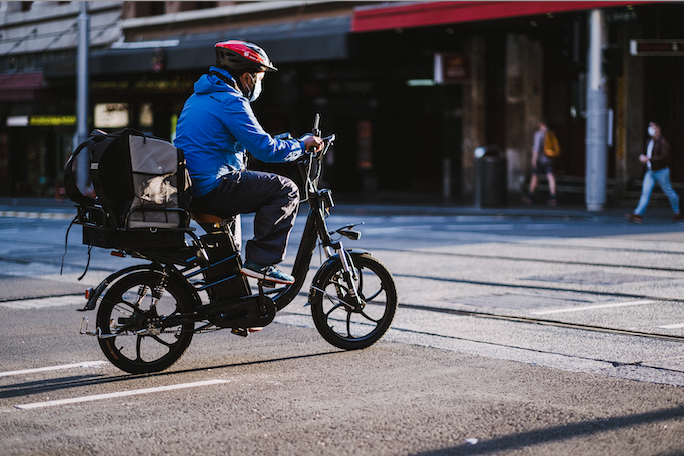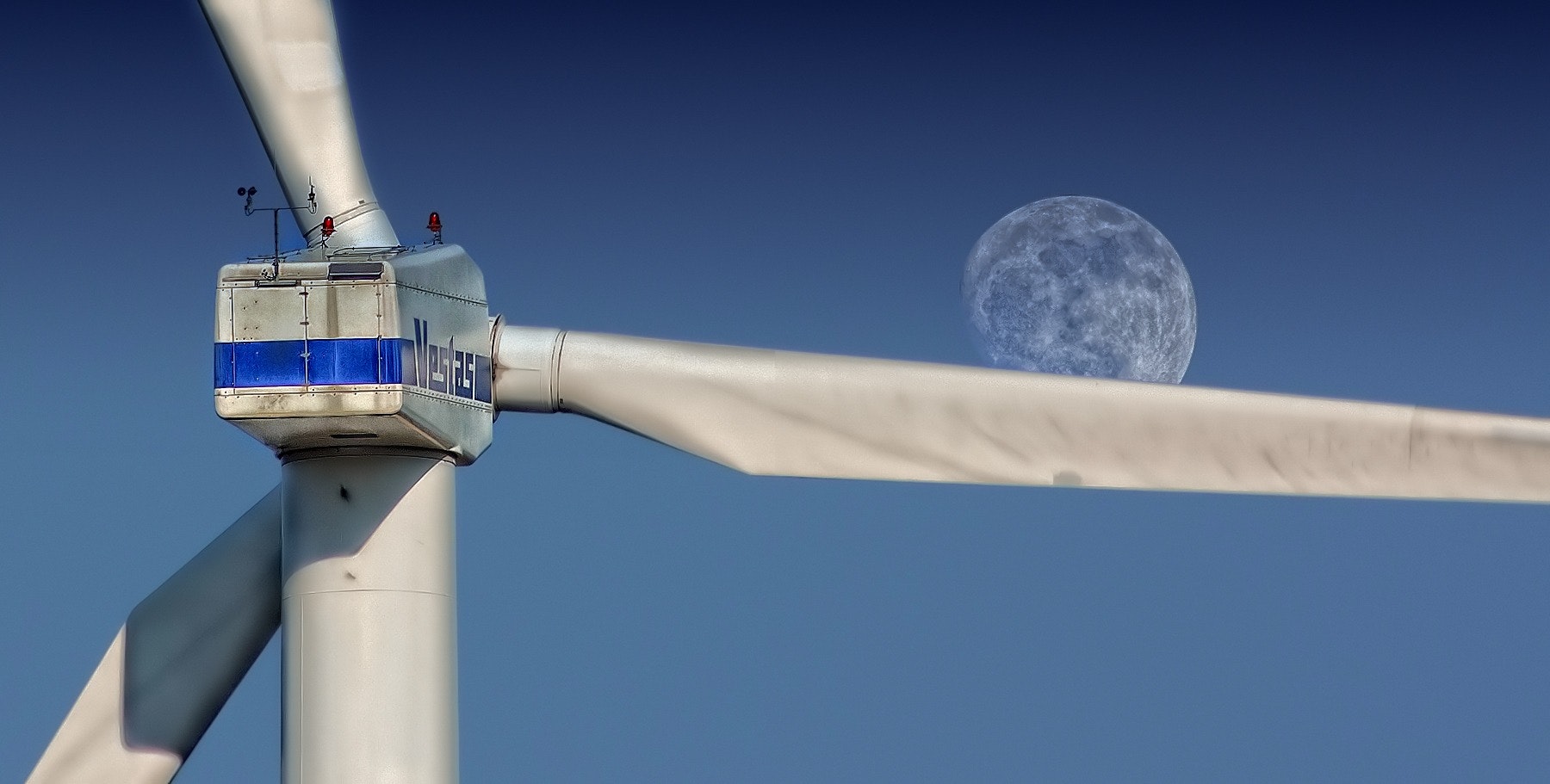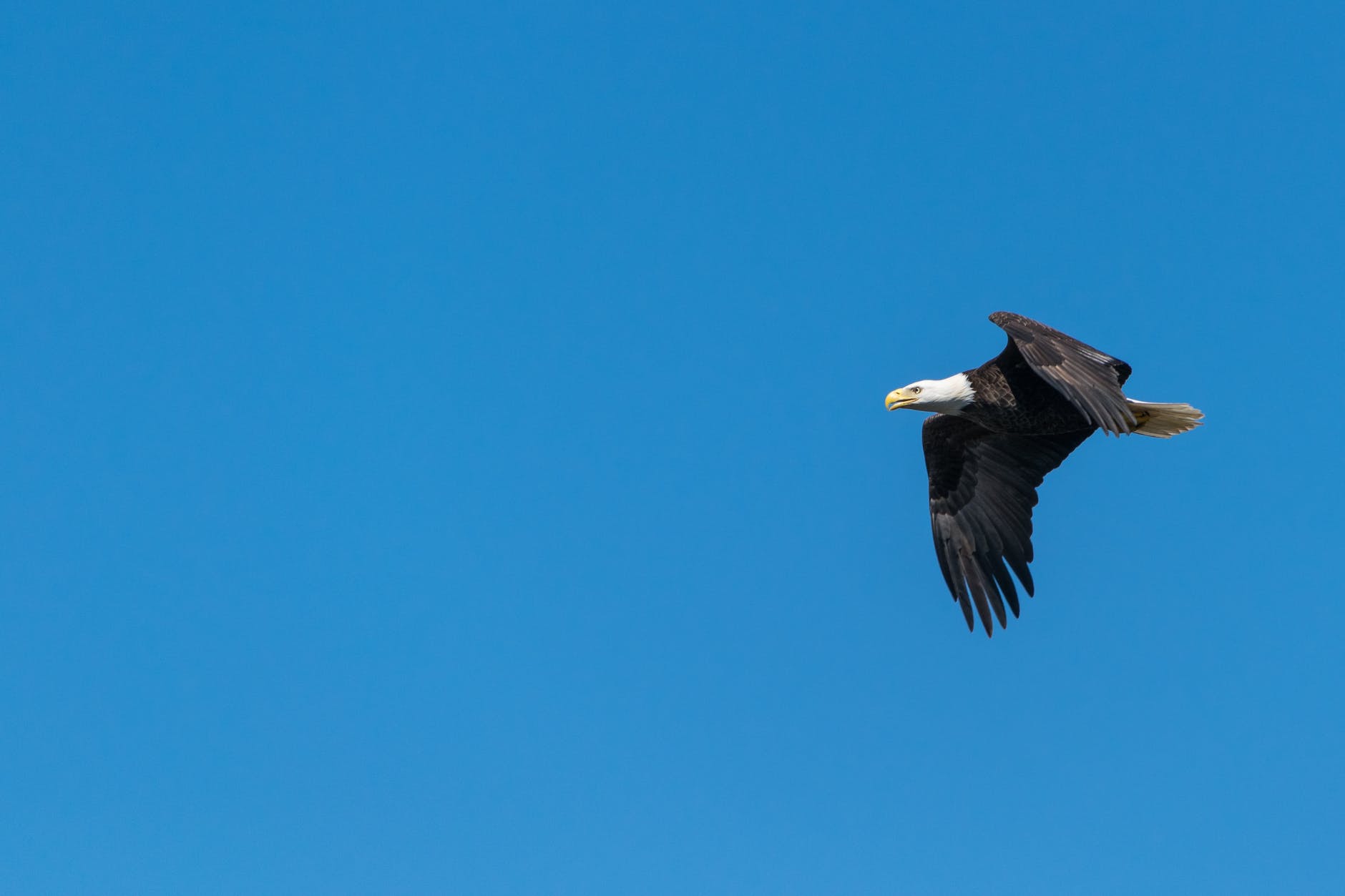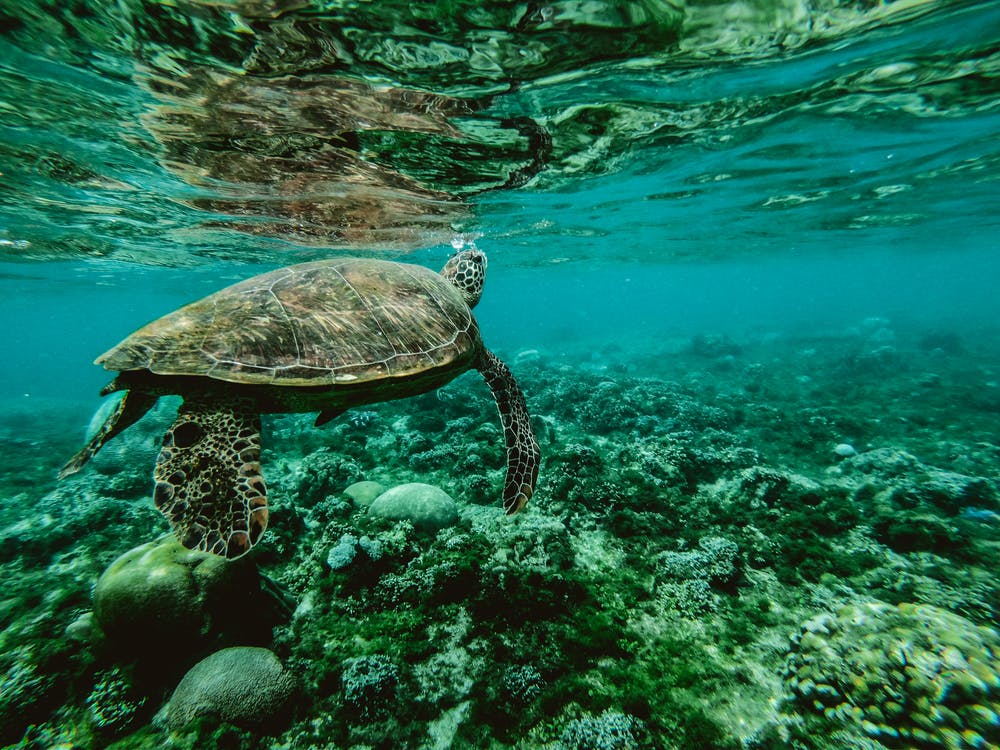By Anna Dell’Amico This post is part of the Environmental Law Review Syndicate. Editor’s Note: This article was originally written for a class in spring 2023, and all lawsuits mentioned are up to date as of summer of 2023. It is becoming increasingly common for companies, governments, and other institutions to make net-zero climate pledges, but they often plan to use carbon offsets to reach these goals. However, this rise of net-zero pledges and the corresponding spike in demand for carbon offsets should not be celebrated. Offsetting schemes delay decarbonization, mislead the public, and cause human rights violations, including land…
-
-
By Ashwin Telang This post is part of the Environmental Law Review Syndicate. ____________________________________________ In his distinguished essay collection, Henry A. Giroux writes about the violence of forgetting.[1] Giroux touches on how the American media has weaponized ignorance and how important issues are slowly fading from public discourse. Unfortunately, Giroux misses out on one of the deadliest examples of the violence of forgetting: air pollution.[2] In recent years, air pollution has become a terrifying case study in normalization. In 1970, Congress passed the Clean Air Act, recognizing the relatively unknown threat of air pollution. The Act now saves three hundred…
-
By William C. Rose, Managing Editor at N.Y.U. Environmental Law Journal This post is part of the Environmental Law Review Syndicate. Introduction E-bikes[1] were legalized across New York State in April 2020 following a period of unintentional illegality that spawned punitive enforcement measures against the food delivery riders who rely on e-bikes in New York City. In the course of legalizing the bikes, however, the legislature created a special carve-out for the Hudson River Greenway (“the Greenway”)—a major bike path on the west side of Manhattan—banning e-bikes from what is likely the safest north-south route on the island. The ban…
-
By Lilly Leibu, Digital Editor at N.Y.U. Environmental Law Journal. This post is part of the Environmental Law Review Syndicate. Introduction Former Administrator of the Environmental Protection Agency (EPA) Andrew Wheeler purported to rid EPA of “secret science” and “[empower] the American people to demand future transparency” with a regulation that stakeholders such as Big Tobacco and coal-funded groups have lobbied for since the mid-1990s.[1] Under his directive, EPA published a notice for the proposed rule “Strengthening Transparency in Regulatory Science” in 2018. The agency broadened its scope and published a Supplemental Notice of Proposed Rulemaking (SNPRM) two years later…
-
By Cole Jermyn, Editor-in-Chief at Harvard Environmental Law Review. This post is part of the Environmental Law Review Syndicate. Read the original here and leave a comment. Introduction The offshore wind power industry in the United States is at an inflection point. Only two projects have been constructed up to this point: the Block Island wind farm off Rhode Island, and the Coastal Virginia Offshore Wind pilot project off Virginia.[1] Together, these projects consist of seven turbines with a combined maximum capacity of only forty-two megawatts (“MW”) of electricity.[2] But all signs point to an explosion in the construction of…
-
By Kathryn E. Kovacs, Professor at Rutgers Law School, The State University of New Jersey. This post is part of the Environmental Law Review Syndicate. Read the original here and leave a comment. June 8, 2020, marked the eightieth anniversary of the Bald Eagle Protection Act—the first federal statute to rely on the Commerce Clause for the authority to prohibit the taking of wildlife. Its enactment marked a turning point in federal wildlife law. The Eagle Act’s forgotten history supports the Ninth Circuit’s conclusion that the Eagle Act is within the scope of Congress’s Commerce Clause power,[1] as well as…
-
By Alexander Liguori, Managing Editor at N.Y.U. Environmental Law Journal. This post is part of the Environmental Law Review Syndicate. Introduction Any good survey of our nation’s bedrock environmental laws will likely cover the Clean Air Act and Clean Water Act, but hardly any would find time for the Migratory Bird Treaty Act (“MBTA”). Passed in 1918 to curb exploding commercial trade in bird feathers, the MBTA’s strict liability regime makes it one of the nation’s strictest environmental laws. While the MBTA is the product of a bygone era of bipartisan cooperation to protect the environment, it is still on…
-
This week’s post, Introducing a Voluntary Extended Producer Responsibility Scheme for the New Plastics Economy, was written by Hannah Yang, a third-year student at New York University School of Law and an Articles Editor of the New York University Environmental Law Journal. Read the post here.
-
By Hannah Yang, Articles Editor at N.Y.U. Environmental Law Journal. This post is part of the Environmental Law Review Syndicate. Introduction Ocean plastic pollution is a large-scale problem that stems from multiple points of the plastics life cycle, ranging from design, production, use, disposal, and environmental leakage. Voluntary extended producer responsibility (EPR) is an important tool to address the plastics problem. EPR focuses resources directly on the disposal and pollution aspects of plastic waste, while still implicating the upstream production decisions. It provides a more immediate solution to addressing pollution, allows flexibility for innovation and efficiency, and allocates responsibility on…
-
By Grace Weatherall, Managing Editor at the Harvard Environmental Law Review. This post is part of the Environmental Law Review Syndicate. Read the original here and leave a comment. Introduction Bostock v. Clayton County was marked for a place among landmark Supreme Court jurisprudence as soon as it arrived.. The decision protected LGBTQ+ employees from discrimination based on their sexual orientation or gender identity, and LGBT activists and allies rightly celebrated it as an affirmation of basic human rights and dignity. But amidst this celebration, excitement arose from a different, surprising, quarter: climate change activists. Before the ink had dried…






